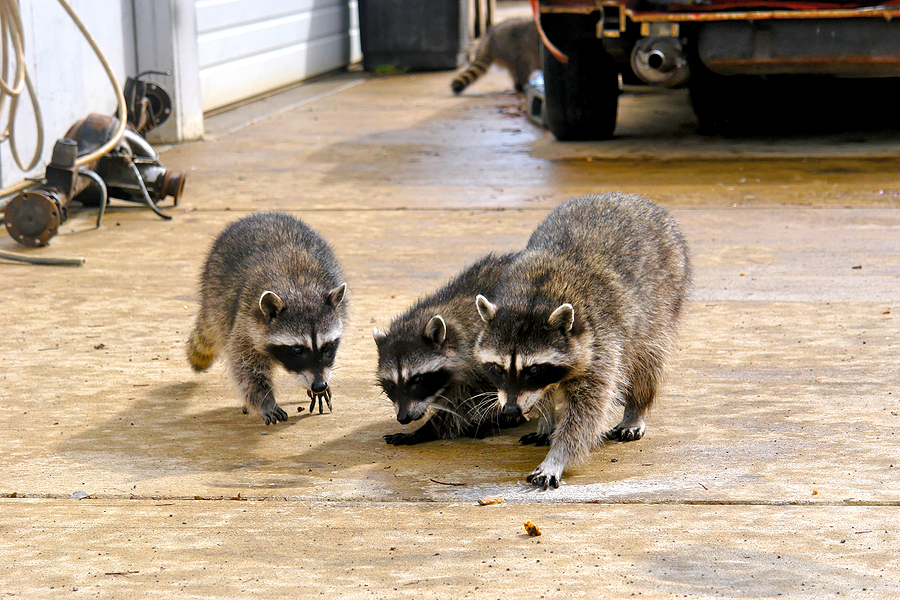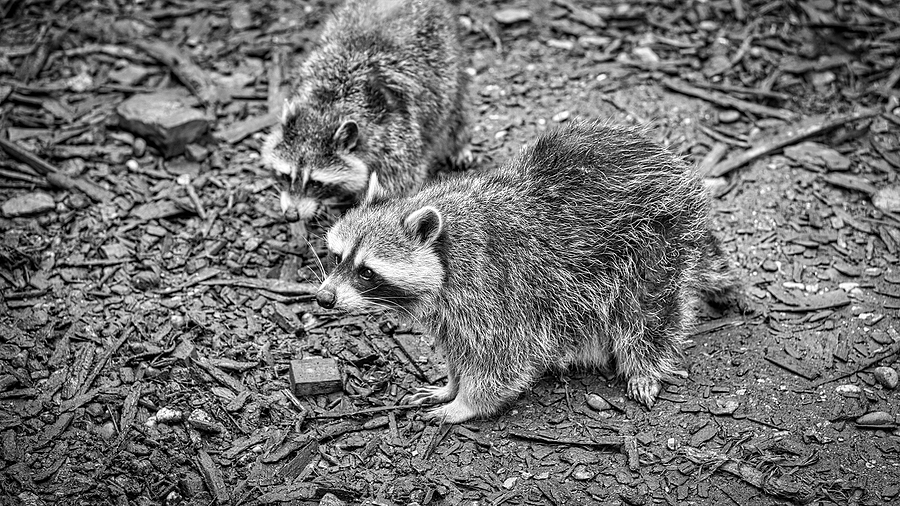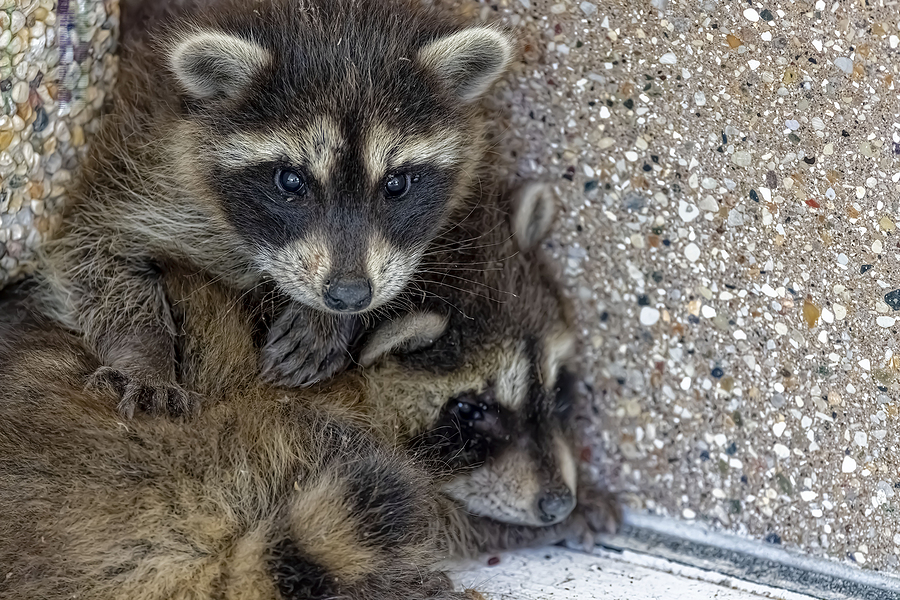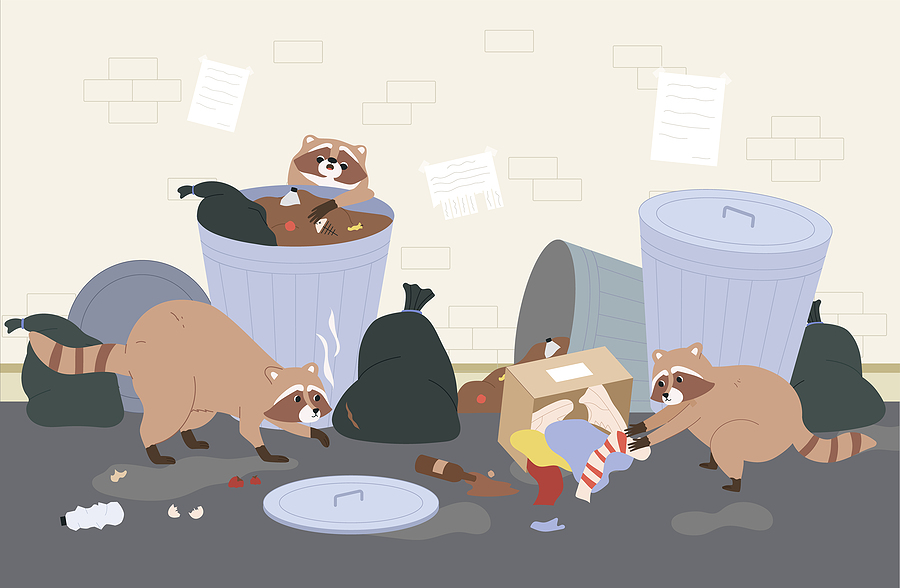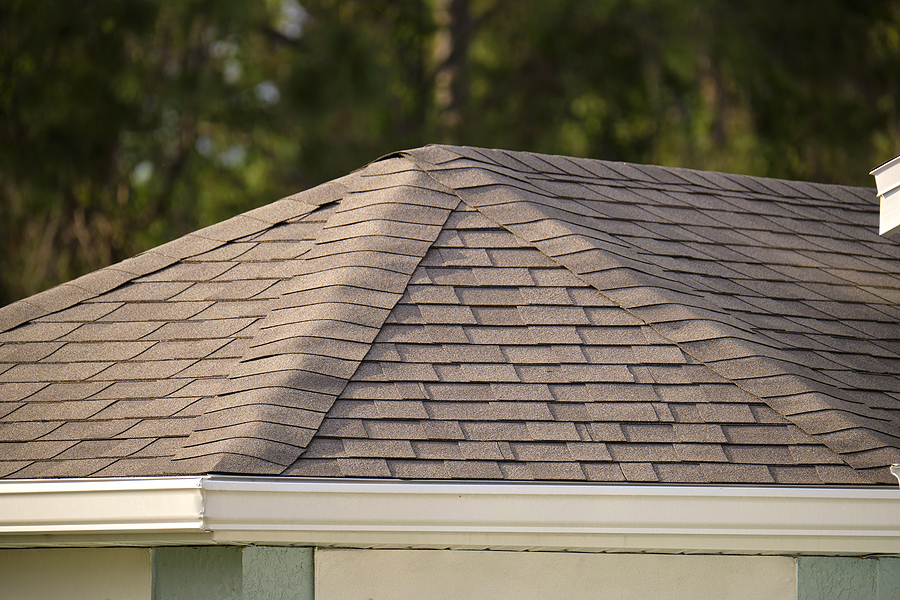Hearing scratching sounds in your attic at 2 AM can be unsettling. Those mysterious noises, combined with overturned garbage cans and small paw prints around your property, often point to one culprit: raccoons. These masked bandits have become increasingly common in suburban and urban areas across Indiana, particularly in neighborhoods with wooded areas or nearby water sources.
Finding raccoons in your house isn’t just a nuisance—it’s a serious situation that requires immediate attention. Understanding how to identify their presence, recognize the health risks, and take appropriate action can protect both your family and your home from damage.

Identifying a Raccoon Intrusion
Raccoons are primarily nocturnal creatures, making unusual nighttime noises one of the most common signs of their presence. You might hear scratching, chattering, or thumping sounds coming from your attic, walls, or chimney, especially during their peak activity hours between dusk and dawn.
Physical evidence often tells the complete story. Look for raccoon droppings, which are typically dark and tubular, often found in concentrated areas where they’ve established a den. You may also notice torn insulation, chewed electrical wires, or damaged ductwork if they’ve made themselves comfortable in your attic space.
Property damage extends beyond the interior. Raccoons are skilled climbers with a talent for destruction. They frequently overturn garbage cans searching for food, tear up gardens, and damage roofing materials or siding while accessing entry points. During breeding season in spring and early summer, their nesting behavior becomes more aggressive as they seek secure shelter for their young.
Health and Safety Concerns
Raccoons carry several diseases that pose serious health risks to humans and pets. Rabies represents the most severe threat, as this viral disease affects the central nervous system and can be transmitted through bites or scratches from infected animals.
Raccoon roundworm presents another significant danger. This parasitic worm lives in raccoon feces and can cause severe health complications if accidentally ingested, particularly dangerous for children who might come into contact with contaminated areas.
Additional diseases include leptospirosis, a bacterial infection spread through contact with raccoon urine or contaminated water, and giardiasis, an intestinal parasite transmitted through contaminated surfaces. These health risks make professional raccoon removal essential rather than attempting DIY solutions.
Immediate Actions When You Discover Raccoons
If you suspect raccoons have moved into your home, avoid direct confrontation. Never attempt to approach or corner a raccoon, as they can become aggressive when threatened, especially if protecting their young.
Contact a professional raccoon removal service immediately. Attempting DIY trapping can create dangerous situations for both you and the animal. Untrained individuals often inadvertently harm raccoons or put themselves at risk of injury or disease exposure.
While waiting for professional help, secure all food sources that might attract raccoons. Bring pet food indoors, ensure garbage cans have tight-fitting lids, and avoid leaving any accessible food items outside.
Contact Us for Expert Raccoon Removal ☎
Preventive Measures for Long-Term Protection
Prevention remains the most effective approach to raccoon control. Start by eliminating food sources that attract these opportunistic feeders. Secure garbage cans with tight-fitting lids and bring pet food indoors every night.
Modify your property’s landscape to reduce access points. Trim tree branches and vegetation away from your house, as raccoons use these natural highways to reach roofs and potential entry points.
Seal all possible access points around your home. Check for cracks in the foundation, loose siding, damaged vents, or gaps around utility lines. Install chimney caps to prevent raccoons from nesting inside your chimney, a favorite denning location.
Professional Raccoon Removal Services
Professional wildlife removal services understand both raccoon behavior and Indiana Department of Natural Resources regulations governing raccoon removal and relocation. These experts use humane exclusion methods, such as one-way doors, that encourage raccoons to leave without harm.
Licensed raccoon trappers possess the necessary permits required for legal trapping and relocation in Indiana. They follow ethical guidelines that ensure compliance with state regulations while prioritizing animal welfare.
Professional services also provide comprehensive solutions beyond removal. They identify and seal entry points, clean contaminated areas safely, and offer ongoing prevention strategies to prevent future intrusions.
FAQ’s
1. What should I do if I discover a raccoon in my attic?
If you find a raccoon in your attic, avoid direct confrontation, as raccoons can become defensive. Contact a licensed wildlife control professional to assess the situation safely and humanely.
2. Are raccoons dangerous to humans or pets?
Yes, raccoons can carry diseases such as rabies or leptospirosis, and their droppings may harbor harmful parasites. Additionally, they may act aggressively if cornered, which could put pets at risk.
3. How can I prevent raccoons from entering my property?
To prevent raccoons, secure garbage cans with tight lids, remove outdoor food sources, seal potential entry points in your home, and trim overhanging tree branches that provide access to rooftops.
4. Is it legal to trap and relocate raccoons myself in Indiana?
No, trapping and relocating raccoons on your own may violate state regulations. It is essential to hire a licensed professional who understands the law and adheres to safe, ethical practices.
5. What costs are involved in raccoon removal services?
Costs can vary depending on the extent of the infestation and the services needed, such as trapping, sealing entry points, and cleaning contaminated areas. Obtain quotes from licensed professionals for accurate pricing.
Wrapping Up
Discovering raccoons in your house requires swift, professional action. These intelligent animals pose genuine health risks and can cause extensive property damage if left unchecked. Rather than risking your safety with DIY removal attempts, trust experienced professionals who understand both raccoon behavior and legal requirements for humane wildlife control.
Don’t let raccoons turn your peaceful home into their permanent residence. Contact Indianapolis Raccoon Removal today to protect your family’s health and restore your home’s security.
Related Post: What to Do if You Have Raccoons in the Crawl Space




